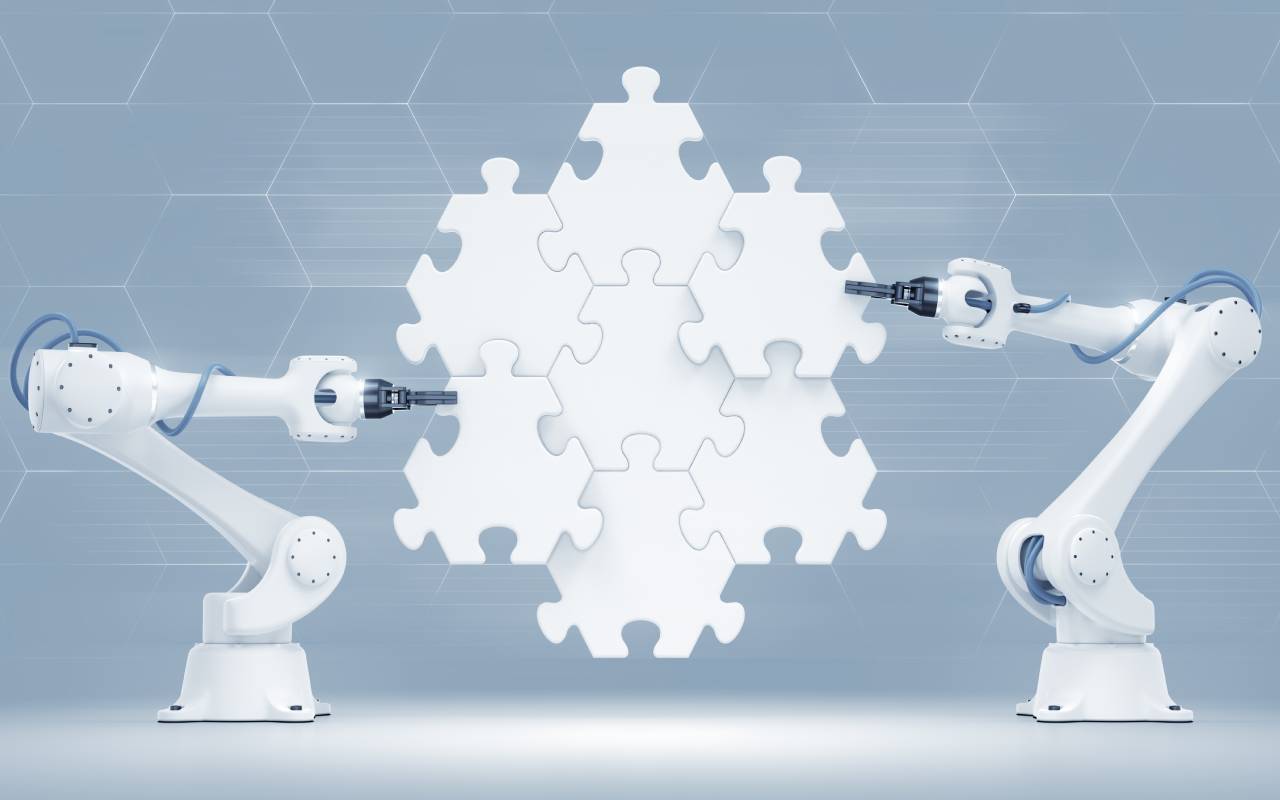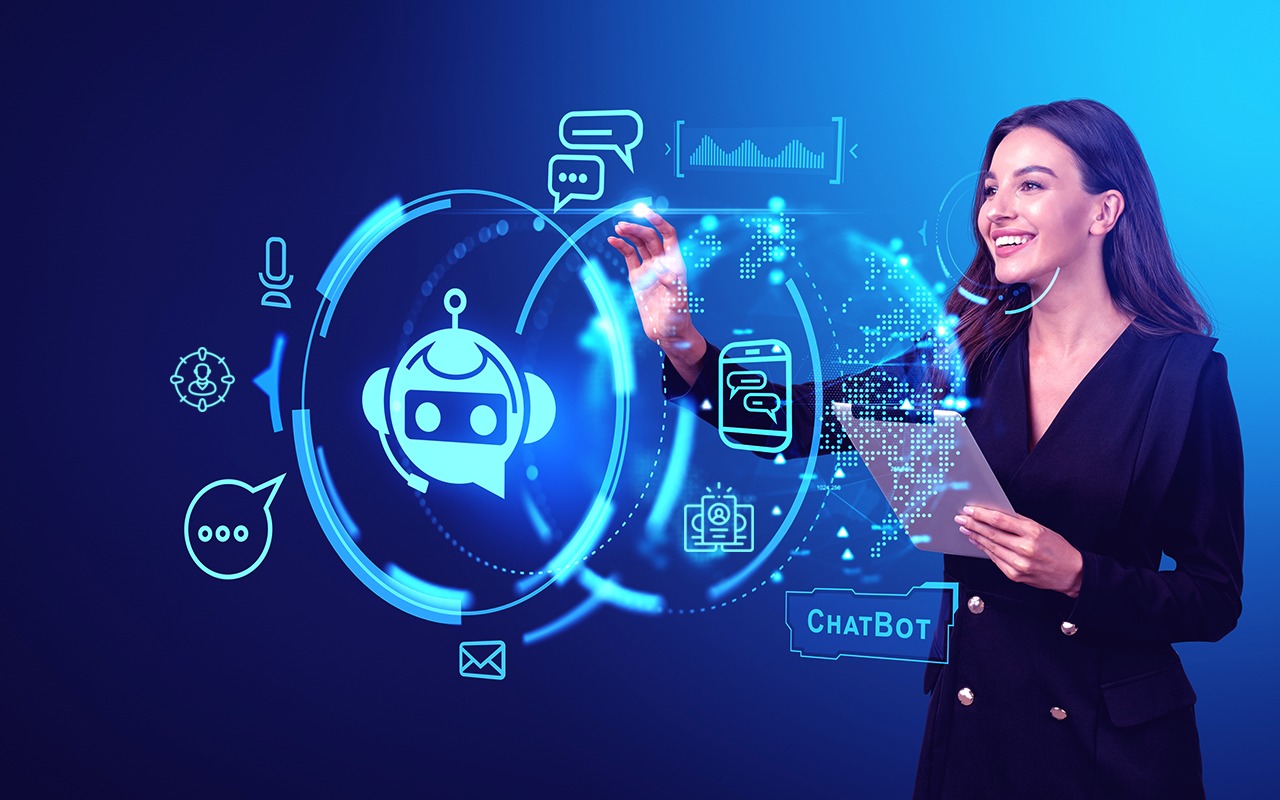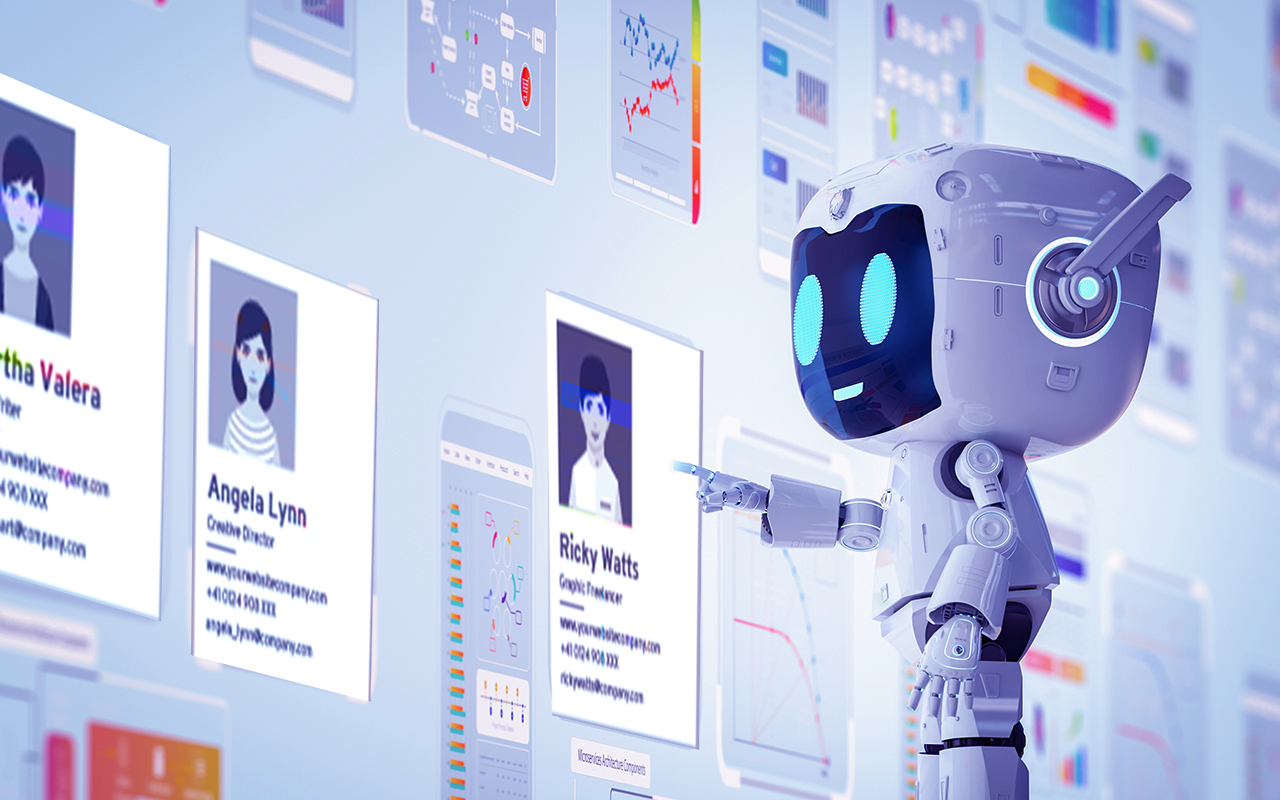- Published:
- Read time: 8 minutes
Introduction
AI is rapidly transforming how businesses hunt for and hire the best talent, especially in the sprawling arena of global recruitment. But while the opportunities presented by AI are vast, they come hand-in-hand with unique challenges that demand a nuanced approach.
Imagine a world where you can tap into a global talent pool, effortlessly sifting through diverse candidates, analyzing skills and cultural fit with remarkable accuracy, and creating a seamless, personalized experience for every applicant globally. This is the promise of AI in global talent acquisition, and it’s a future within reach for forward-thinking organizations.
Challenges of AI in Talent Acquisition:
1. Ethical Concerns and Bias:
Embracing AI requires careful consideration of the intricate challenges it presents, particularly in the global context. At the forefront lies the crucial issue of ethical considerations and bias. In a global context, this challenge is magnified as cultural nuances and sensitivities come into play. Navigating ethical considerations requires a careful balancing act between the benefits of AI and the preservation of fairness and cultural sensitivity.
2. Data Privacy and Compliance:
Another hurdle is navigating the complexities of data privacy and compliance. Data protection regulations vary dramatically across different countries, adding a layer of complexity to global talent acquisition. Staying compliant while leveraging AI requires a deep understanding of local regulations and implementing robust data security measures. Failure to do so can result in hefty fines and irreparable reputational damage.
3. Human vs. Machine:
Human involvement is irreplaceable in talent acquisition. While AI excels at automation and data analysis, the role of human judgment and a human-centric approach cannot be overstated. AI should be seen as a powerful ally, augmenting human capabilities and empowering recruiters to focus on building meaningful connections with candidates and making crucial hiring decisions.
4. Implementation and Infrastructure:
Successfully integrating AI into your global recruitment strategy requires investment in proper training for your team, ensuring they possess the skills and knowledge to wield this powerful tool confidently. Building a robust IT infrastructure that can handle data across diverse locations is also crucial.
Opportunities of AI in Talent Acquisition:
1. Global Reach and Accessibility:
Despite the challenges, the opportunities presented by AI in global talent acquisition are truly amazing. Imagine effortlessly reaching into talent pools across different continents, identifying the right fit who possesses the perfect skills and cultural fit for your roles.
2. Personalized Candidate Experience:
Beyond sourcing, AI can personalize the candidate experience like never before. Imagine automated email communication tailored to each individual, keeping them informed throughout the process and addressing their specific concerns.
Providing a personalized candidate experience fosters positive interactions and enhances the employer brand globally.
3. Real-time Insights and Data Analysis:
For HR leaders, AI unlocks a treasure trove of real-time insights and data analysis. By identifying global talent trends, predicting skills gaps, and analyzing the effectiveness of different recruitment strategies, AI empowers data-driven decision-making, leading to optimized talent acquisition strategies and improved hiring outcomes.
4. Improved Decision-Making and Efficiency:
Streamlining the hiring process across diverse global operations, AI facilitates data-driven decision-making. This efficiency not only saves time but also ensures that organizations make the most strategic talent acquisition choices.
Global Perspectives: Recruitment leaders about AI in talent acquisition
- Finding the right fit and mutual evaluation inevitably requires more interaction and more time and energy. And to evolve the talent process to meet this new operating environment, companies are leveraging technology to do a lot of the heavy lifting for them.” – Chris Cancialosi // Culture Leader and Entrepreneur
- The goal of AI in Talent Acquisition is to invite objectivity into a previously subjective process, while simultaneously increasing the speed of screening candidates, minimizing human bias, and helping assess soft skills more precisely.” – Geoff Harris // COO and Co-Founder of JabaTalks
- We will witness the biggest change in the HR profession overall, as analytics start to reinvent the way we work. We are now starting to look for HR professionals that can understand, interpret, and leverage data — and this is a trend that I believe will continue for a while.” – Dawn Klinghoffer // General Manager of HR Business Insights at Microsoft
- 21st Century HR isn’t about playing it safe; it’s about being bold and forward-thinking. It’s about capitalizing on technological advances, new thinking, and applying a data-driven and analytical approach to inform people’s decisions.” – David Green // Global Director, People Analytics Solutions at IBM [Source]
AI-powered talent acquisition: Preparing for the future
Conduct a thorough assessment of your current global talent acquisition strategy. Where can AI add value and streamline processes?
Invest in robust AI solutions that align with your specific needs and industry. Don't get swayed by the latest fad – choose technology that fits your unique context.
Prioritize ethical considerations and data privacy regulations. Ensure your AI practices are transparent, fair, and compliant with local laws.
Empower your team with training and upskilling programs. Equip them with the necessary skills to confidently leverage and manage AI solutions.
Don't try to implement everything at once. Begin by choosing one or two areas of your global talent acquisition process where AI can offer the most immediate impact.
Incorporating AI into your global talent acquisition strategy is not a solo endeavor. Embrace open communication and collaboration between your HR department, IT team, legal team, and other relevant stakeholders.
Remember, technology is a tool, not a replacement for human judgment and empathy. While AI excels at automation and data analysis, it's the human touch that builds genuine connections with candidates, fosters positive employer branding, and ultimately leads to successful hires who thrive in your diverse workforce.
Conclusion:
The future of global talent acquisition is AI-powered, but it’s also human-shaped. By embracing this powerful technology with awareness, responsibility, and a commitment to ethical practices, we can unlock a world of exceptional talent, diverse perspectives, and innovative solutions.
Share your thoughts and experiences with AI in global talent acquisition in the comments below!
Written by:





